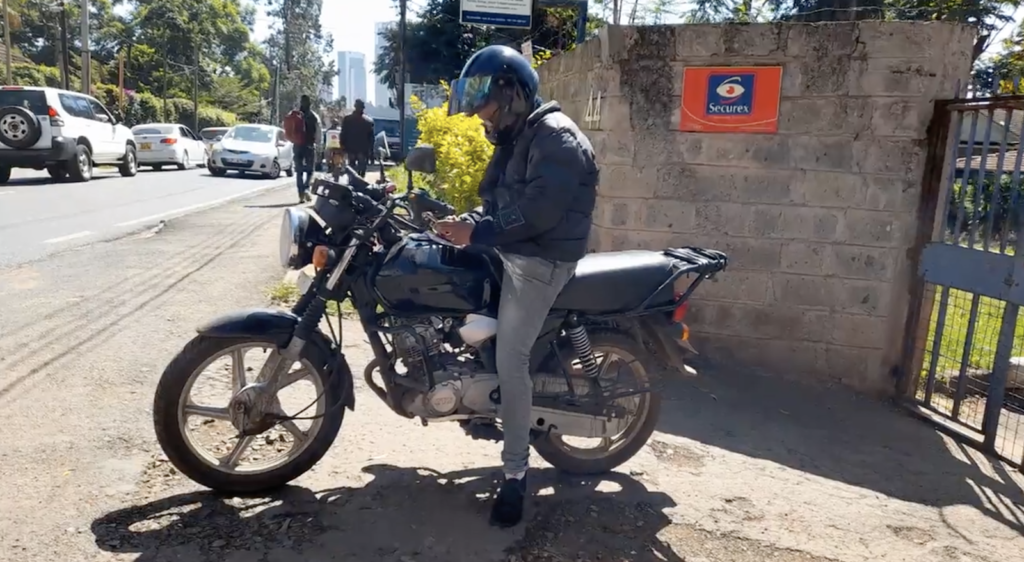This report is part of a series of research studies on platform livelihoods—the ways many young Africans have begun to earn a living by working, trading, renting, or creating in digital marketplaces. Conducted in partnership with the Mastercard Foundation, this study emphasizes listening to and documenting the stories of young people practicing each of these four elements, particularly their experiences and resilience during the COVID-19 pandemic—their successes and their frustrations, their aspirations and their concerns.
This study casts a wide net, spanning eight diverse sectors, involving both formal marketplace and informal social media use. We focus on the platform livelihoods of 154 young people in Kenya working in eight sectors: logistics (app-based delivery); e-commerce and social commerce by micro- and small enterprises (MSEs); farming (with sales via digital platforms); the arts and creative industries (music and visual art); freelancing and microwork (digital services, delivered internationally); ride-hailing (carrying passengers in two or four wheelers); asset renting (fractionally letting rooms, properties, vehicles, and equipment); and trades and services (house and office cleaning, interior decor and fittings, and many skilled services).
We conducted research in Nairobi Metropolitan (Nairobi and the surrounding peri-urban towns including Thika, Kiambu, and Kajiado), Nakuru and its environs, and the agricultural town of Kitale in the Rift Valley.

The report includes eight chapters, one on each sector, and a ninth chapter that outlines lessons about the platform economy as a whole, with extra attention to digital inclusion for women, people living with disabilities, and people living in peri-urban areas.
This platform livelihoods research was conducted by Qhala in collaboration with Caribou Digital and in partnership with the Mastercard Foundation.
